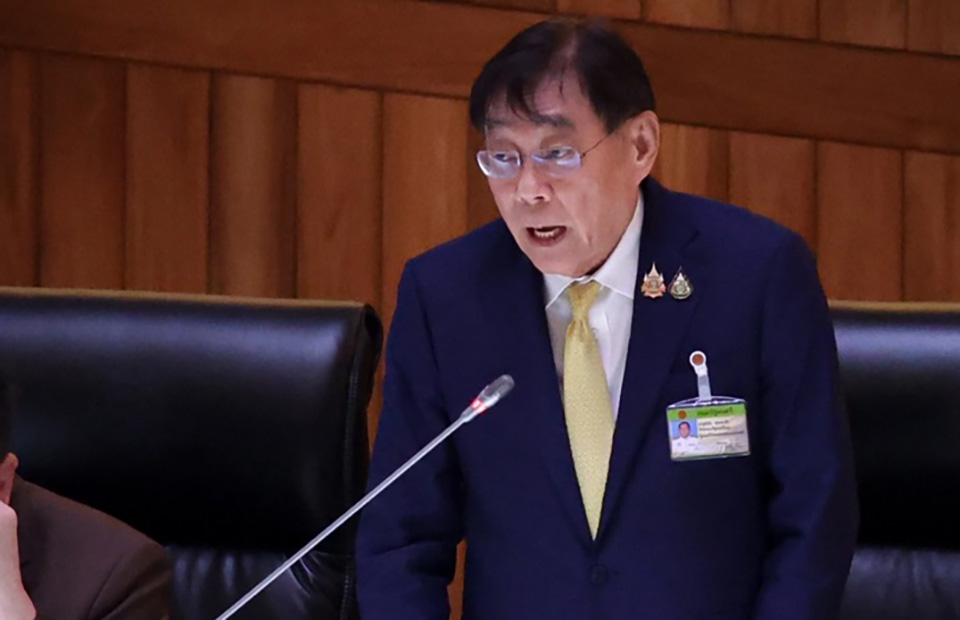
BANGKOK, Thailand – Prime Minister Paetongtarn Shinawatra delivered a policy address to Parliament outlining key economic policies for the new government, with a strong focus on increasing state revenues on September 12. One of the main strategies involves expanding the tax base and bringing the informal sector, which constitutes 50% of the country’s GDP, into the formal economy. By doing so, the government expects to increase tax collections, providing essential funding for future state projects.
A key point of the government’s plan is a major overhaul of the tax structure to improve income distribution. It will bring the informal sector into the formal economy to expand the tax base and explore the introduction of a Negative Income Tax, which would allow low-income earners to receive tax refunds on a sliding scale. This would simplify welfare access, allowing the government to assist citizens directly without the need for additional registration processes.
Tax Policy Reform Underway
According to sources from the Ministry of Finance, the Fiscal Policy Office (FPO) will lead the study and design of tax reform strategies to align with the new government’s policies. The proposed Negative Income Tax system would provide direct financial support to citizens earning less than 100,000 baht annually, encouraging greater participation in the tax system, particularly among low-income individuals.
Deputy Prime Minister and Finance Minister Pichai Chunhawajira emphasized that tax reform is crucial to reducing income inequality and improving Thailand’s global competitiveness. He noted that high personal and corporate income tax rates in Thailand discourage foreign investment, and the government plans to adjust these rates to international standards.
Regarding value-added tax (VAT), which applies to all consumers regardless of income, the government is considering redistributing a portion of VAT revenues to support low-income earners. Additionally, the government aims to protect Thai entrepreneurs, particularly SMEs, from unfair competition with foreign rivals, especially on online platforms.
Upcoming Tax Collection Initiatives
The Revenue Department plans to implement new VAT laws in 2025, which will target low-value imported goods priced under 1,500 baht, requiring foreign e-commerce platforms to collect and remit 7% VAT. This move is expected to generate 1.5 billion baht annually in additional tax revenue.
Moreover, the Revenue Department aims to increase state revenues by 100 billion baht in the 2025 fiscal year, bringing the total to 2.37 trillion baht, a 4.2% increase from the previous year. Other reforms include enforcing global minimum corporate taxes and introducing measures to ensure that individuals residing in Thailand for more than 180 days pay taxes based on their worldwide income.
Additionally, the government plans to introduce industry-specific taxes, such as battery and carbon taxes, to support the transition to future mobility industries, including electric vehicles. This initiative aims to attract foreign investment and foster technology transfer while promoting the use of local materials and upgrading the skills of Thai workers in the automotive sector.
The Finance Ministry’s broad tax reform efforts are expected to enhance fiscal space, providing the government with greater flexibility to promote Thailand’s long-term economic development.








